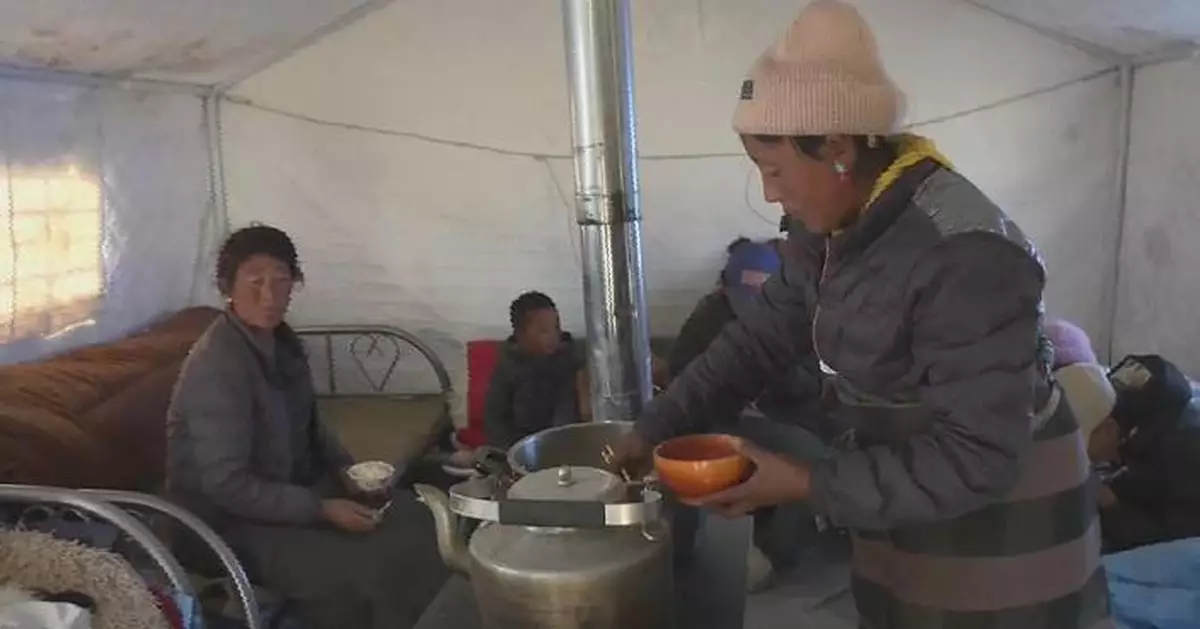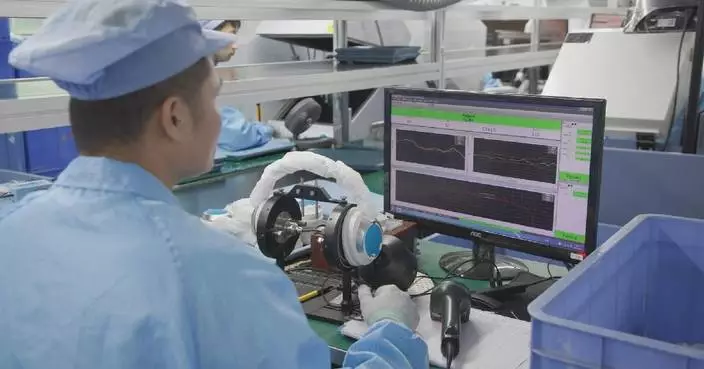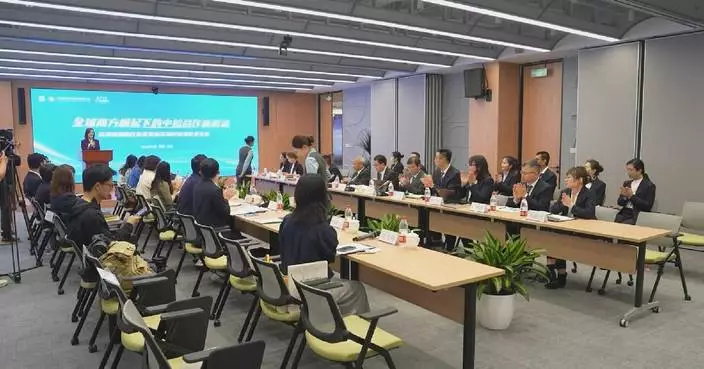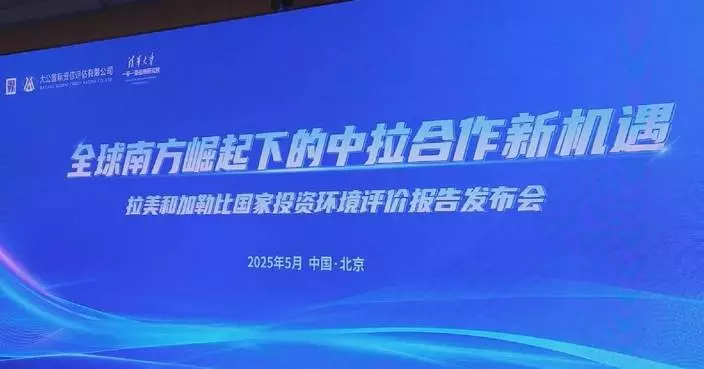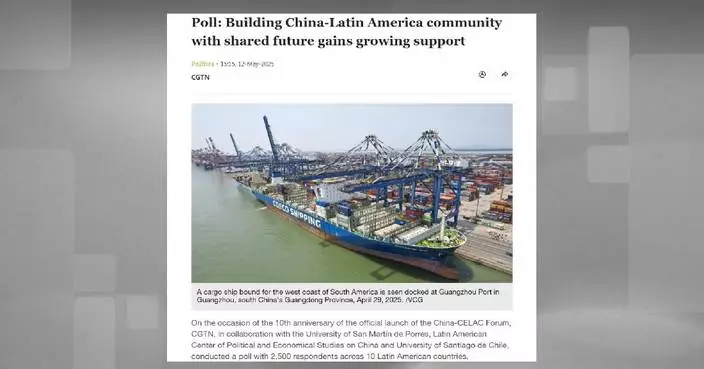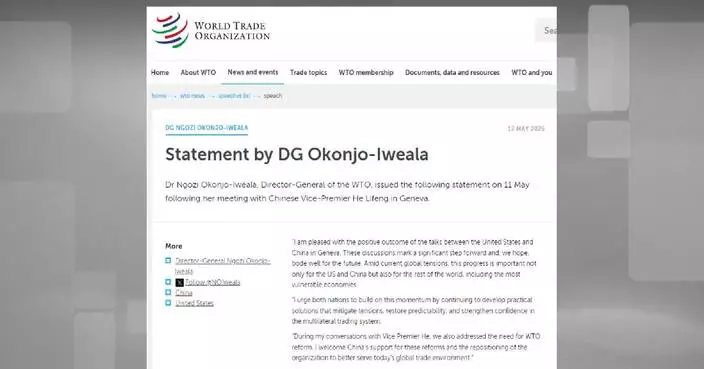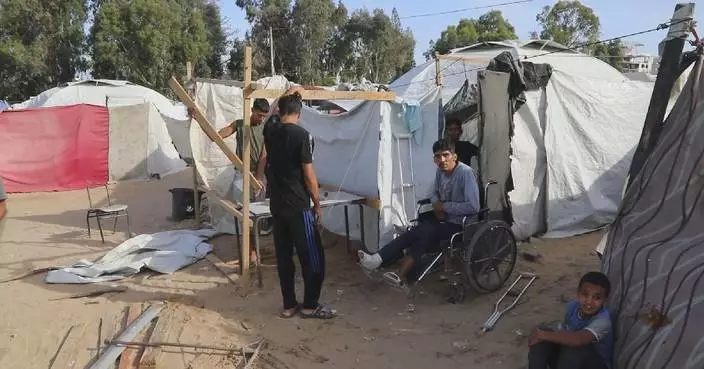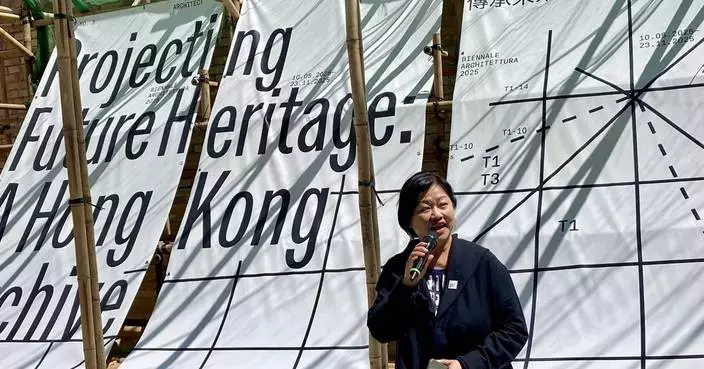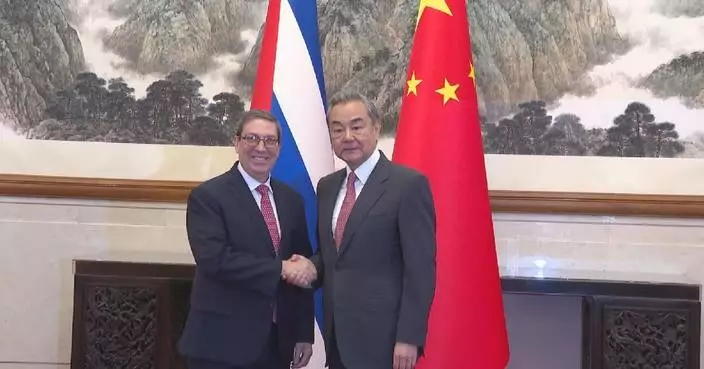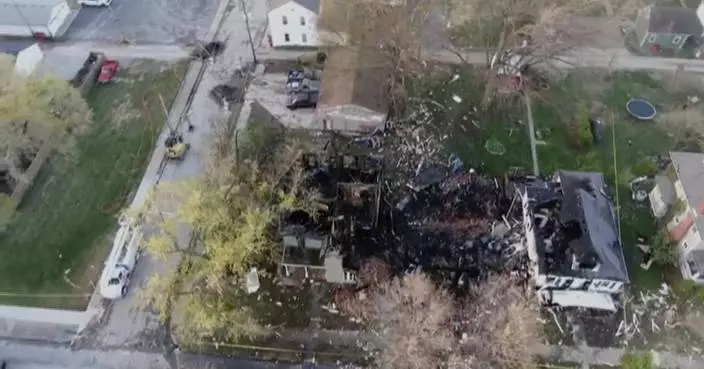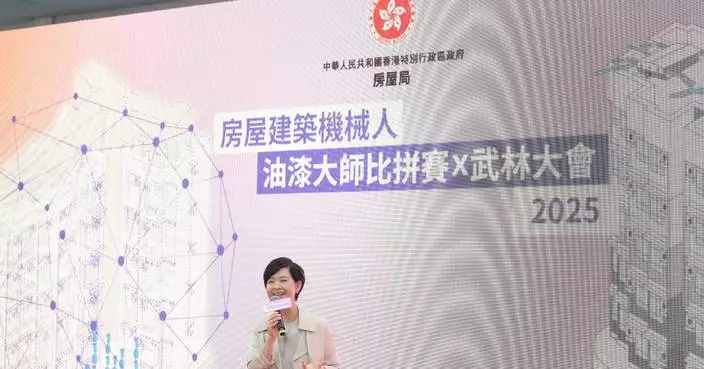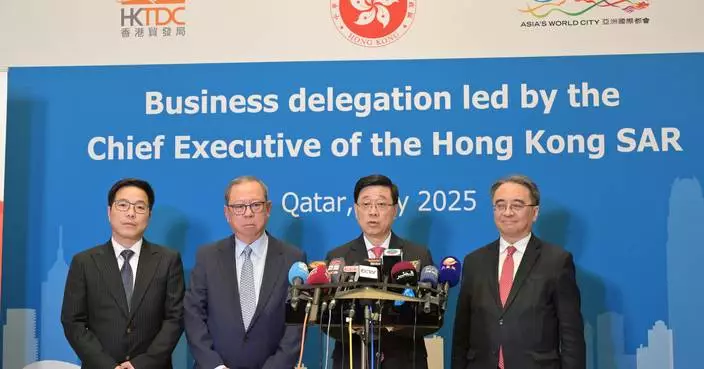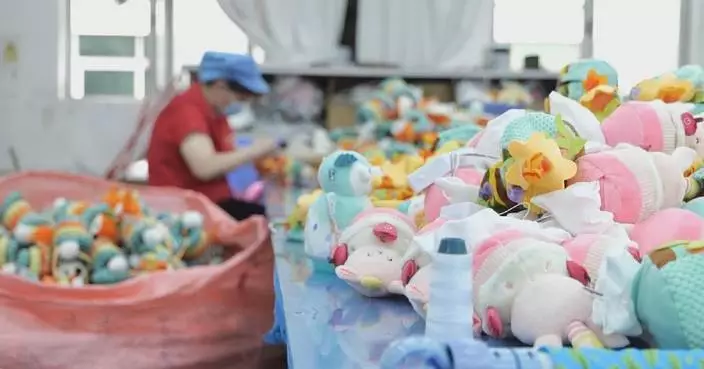Essential relief supplies including basic food items and water have been donated by people from all across China to help residents being housed at temporary resettlement sites following Tuesday's deadly earthquake in southwest China's Xizang Autonomous Region.
The powerful 6.8-magnitude quake struck Dingri County in Xigaze City on Tuesday morning, claiming at least 126 lives, injuring 188 others, and causing the collapse of more than 3,600 houses.
Several towns and villages in Dinrgi have been badly affected, including the remote and mountainous Cuoguo Town. Located at an altitude of approximately 4,200 meters above sea level, the town has been one of the hardest-hit in the disaster, with 158 houses being completely destroyed.
Learning of the situation, many warm-hearted people from all over China have sent food, drinking water, and other living materials to help those in the region. The supplies have been loaded onto trucks and sent out to the disaster zone.
"We prepared five trucks of mineral water and one truck of instant noodles. When trouble occurs at one spot, help comes from all quarters," said Dawa Dunzhu, one of the donors. "We urgently prepared vehicles, daily necessities, instant noodles, sausages, and water, hoping to do whatever we can to help the quake-affected residents," said Yuan Xing, another volunteer helping deliver the items.
In addition, a batch of over 1,000 pressure cookers donated by several enterprises have been distributed to the residents of Cuoguo Town, with nearly 4,000 more still waiting to be sent out.
These pots and the various food items are enabling quake-affected residents to cook hot meals in their temporary tents, helping them fend off the cold winter weather as overnight temperatures have reportedly plunged as low as minus 18 degrees Celcius.
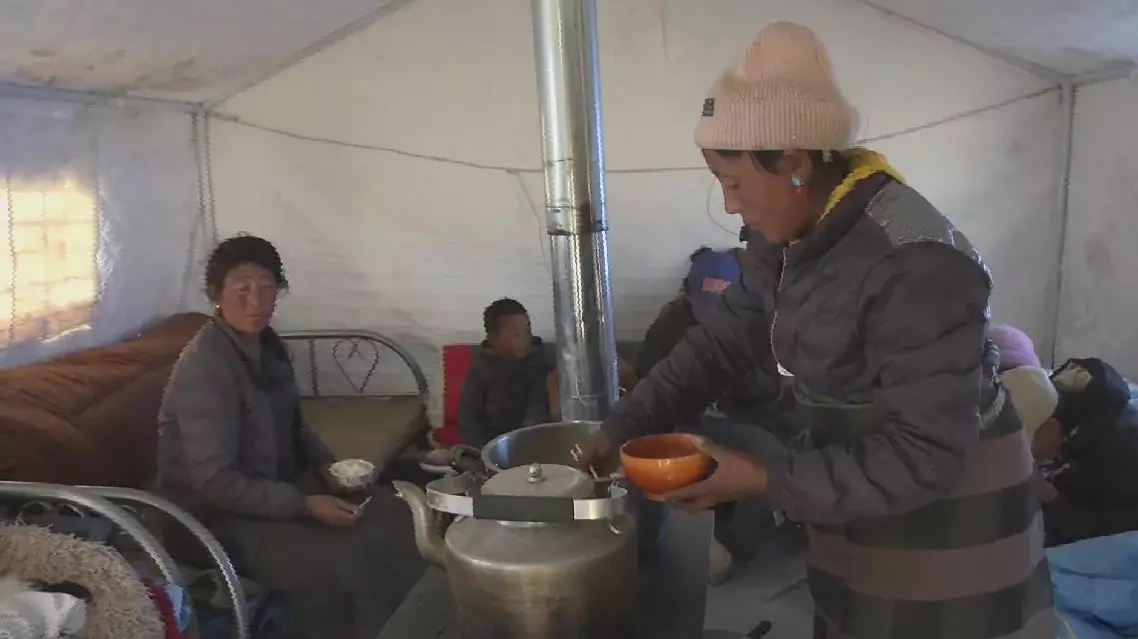
Relief materials, food items donated to help quake-affected residents in Xizang
More pet-friendly venues are emerging across Wuxi City in east China's Jiangsu Province, driven by the growing demand for businesses that welcome animals.
Among the latest additions is a customized pet-friendly bus route that takes furry companions and their owners to a lakeside park.
Furry companions are seen hopping aboard customized buses with their owners for countryside getaways.
Traditionally, pet outings require private cars or taxis. But the new bus line in the city, marking one of the first of its kind in China, has quickly gained popularity since its launch.
"This special bus line not only solves our difficult in finding a parking space, but also allows us to travel with our beloved dogs," said Gu Ye, a dog owner.
"Many pet owners face difficulties using public transport when taking their animals out. We hope this special bus service will make it easier for people and pets to travel together and help create a more inclusive public transport service," said Du Mingqi, head of the pet-friendly customized bus project at Wuxi Public Transport Group.
Beyond convenience, the tailor-made service offers a chance for pets to explore new outdoor fun and for owners to connect and share pet-raising experience.
In addition to outdoor activities, pet owners can dine and relax with their animals at themed restaurants and cafes.
"We've designed fun pet activities along the pet-friendly No.1 Ancient Scholar Trail, such as hiking with furry friends. We also regularly hold pet sports events at cafes, restaurants and scenic spots to expand the variety of pet-friendly scenarios," said Yang Jianjiang, a local official.
During this year's five-day May Day holiday on May 1-5, foot traffic at a local pet-friendly shopping complexes rose by 12 percent on average per day from the previous year, showing the strong appeal of the "pets plus cultural tourism" model.

More pet-friendly venues show up in Chinese city as pet economy booms



